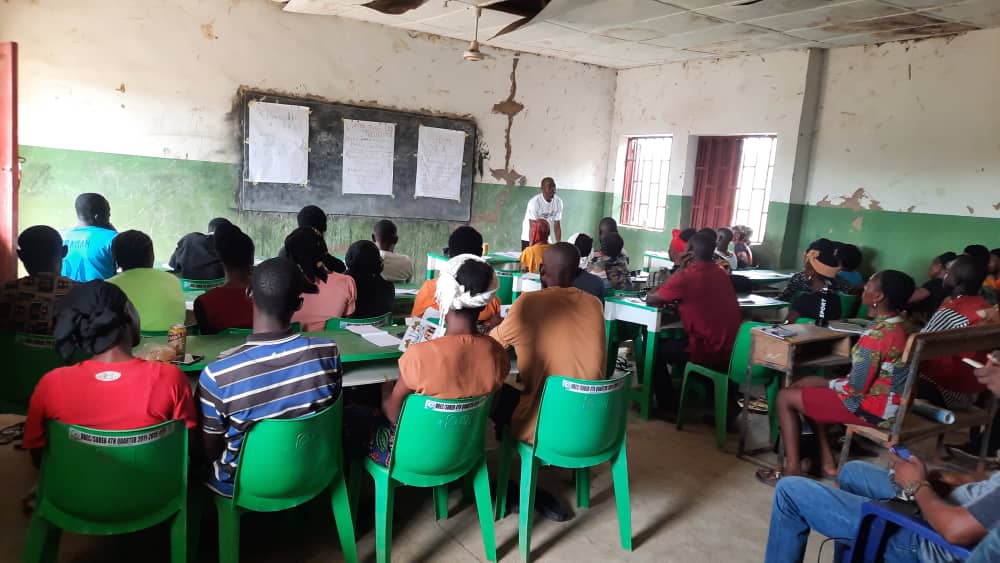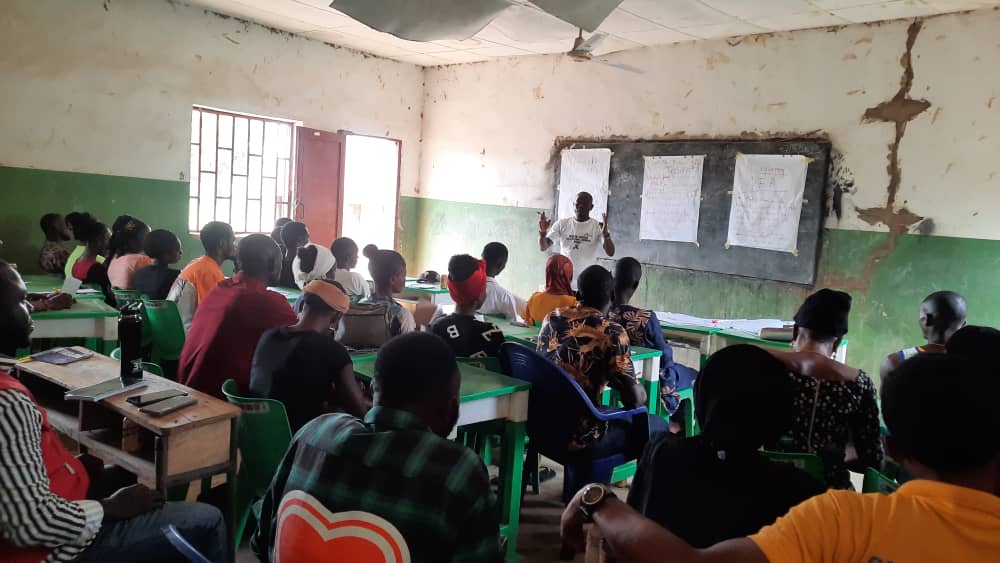
MHPSS SUPPORT CAPACITY-BUILDING FOR COMMUNITY LEADERS
Millions of people around the world suffer unthinkable distress due to armed conflict, natural disasters and other humanitarian emergencies. They may be forced to flee their homes, some persons separated from their families along the way. During conflict, they may endure staggering violence, severe injuries and the threat of recruitment into armed groups. Many are cut off from fundamental services like clean water, health care and education, especially as towns become militarized and communities divided.
Through it all, such persons often lack access to mental health and psychosocial support, with potentially devastating long-term effects. Anxiety, depression and other stress-related problems threaten their ability to live normal lives and be happy. Violence or the effect of natural disasters can take a lifelong toll on their emotional health, physical health and social development. For children for instance, if exposed in early childhood, the experience can even hamper a their brain development. For adolescents, severe distress and exposure to traumatic events can lead to various harmful outcomes, including alcohol and drug abuse, low self-esteem, health issues, poor school performance, self-harm and suicide.
Crisis and disaster situations also put parents and caregivers under mental and psychosocial duress, which can prevent them from providing the protection, stability and nurturing care their children need during and after an emergency.
CLHEI in collaboration with First Step Action and support from Action Aid worked alongside community leaders to develop their capacity to support child and family well-being. Through activities like counseling to foster stigma-reduction and sessions that facilitate mental health care.

To address the mental health and psychosocial well-being of women, children and adolescents, there was the need for a holistic and tiered approach to MHPSS that includes actions to: promote well-being; prevent poor mental health by addressing risks and enhancing protective factors; and ensure quality and accessible care for those with mental health conditions. Our Community-based approaches to Mental Health and Psychosocial Support (CB MHPSS) in emergencies are based on the understanding that communities can be drivers for their own care and change and should be meaningfully involved in all stages of MHPSS responses. Emergency-affected people are first and foremost to be viewed as active participants in improving individual and collective well-being, rather than as passive recipients of services that are designed for them by others.
